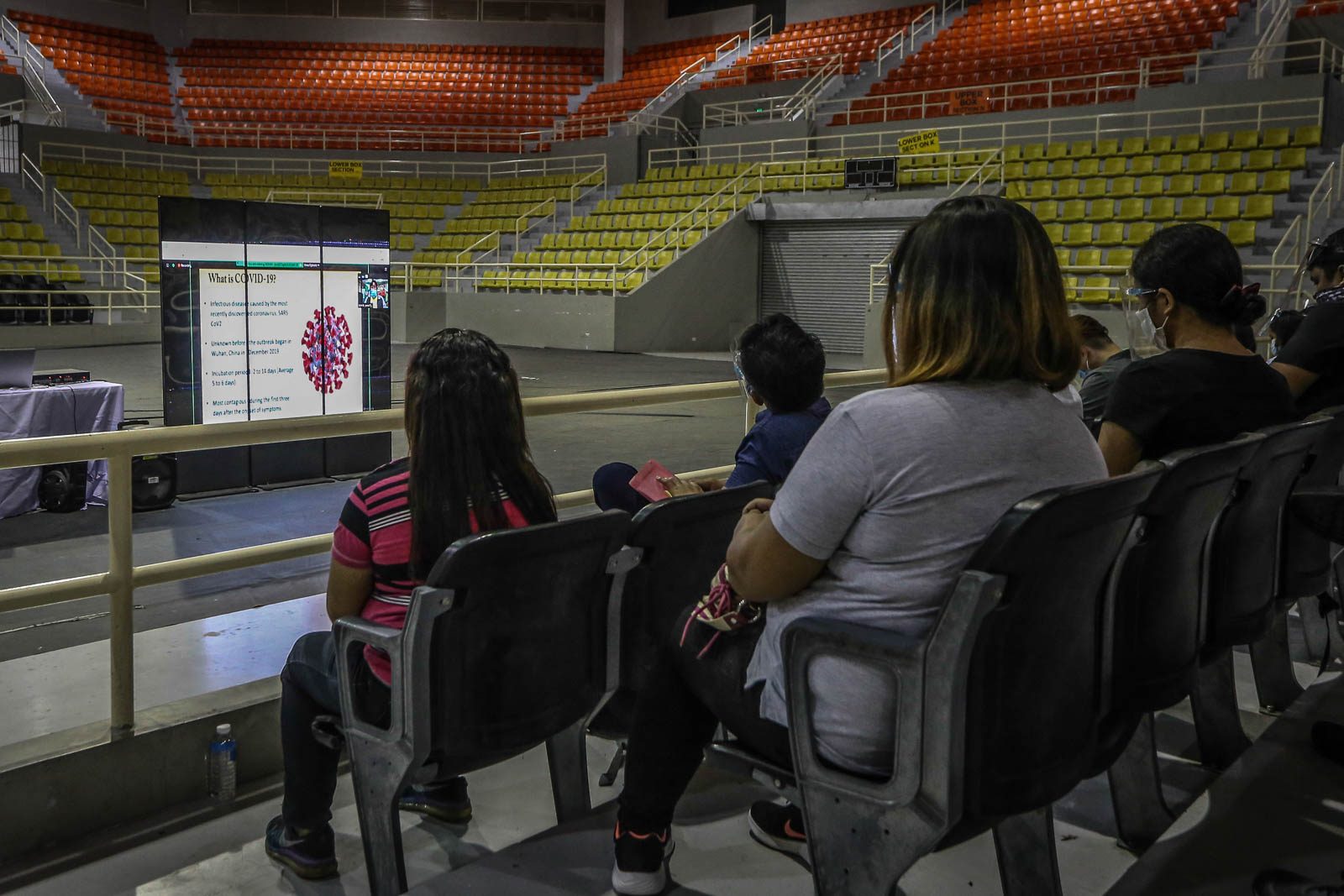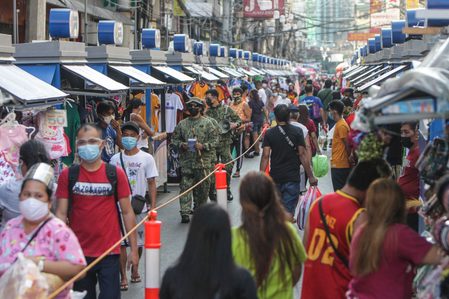SUMMARY
This is AI generated summarization, which may have errors. For context, always refer to the full article.


The Department of the Interior and Local Government (DILG) said on Thursday, May 13, that contact tracing is not the “weakest link” in the Philippine government’s pandemic response.

The DILG contradicted the assessment that contact tracing czar Benjamin Magalong had made the week before.
Interior Undersecretary Jonathan Malaya argued that under the government’s “Prevent-Detect-Isolate-Treat-Reintegrate’ (PDITR) strategy against COVID-19, the “prevention” aspect is the one that needs improvement the most, due to the high number of health protocol violators.
“We in the DILG have never believed that our contact tracing is the weakest link. We disagree,” Malaya said in a mix of English and Filipino.
“Doon po sa ating PDITR strategy, ang sa tingin ko po ang weakest link natin ay prevention. Kaya nga tayo nanghuhuli ng mga kababayan nating hindi sumusunod sa mga minimum health standards,” he added.
(Based on our PDITR strategy, I think our weakest link is prevention. That is why we are apprehending our countrymen who don’t comply with minimum health standards.)
On May 4, Magalong cited contact tracing efforts as the “weakest link” among the pillars in the government’s pandemic response. He noted that the contact tracing efficiency ratio for COVID-19 cases and their contacts in Metro Manila was 1:5 as of late-April, still far from the reduced target of 1:15.
Malaya on Thursday pointed out that the DILG has beefed up its contact tracing efforts in May, with over 5,700 additional personnel deployed to Metro Manila.
“This is in addition to the 15,000 contact tracers which the DILG hired in January, of which 2,831 were deployed to the National Capital Region,” he said in a mix of English and Filipino.
Health protocol violators
Malaya said that a year into the pandemic, there are still many people who don’t wear their face masks and face shields properly. He said this is reason why many people were apprehended in the past week.
From May 6 to 10, police apprehended over 18,000 individuals for not wearing their face masks properly. Of this number, nearly a thousand were arrested, while 61 were subjected to inquest proceedings.
“Possible na puwede kayong ma-apprehend for not wearing your face mask and face shield. Dadalhin kayo sa presinto ngunit kayo po ay ifa-fine o iwa-warn lamang at ire-release kaagad. Hindi naman lahat ay nauuwi sa arrests,” Malaya clarified.
(It’s possible that you will be apprehended for not wearing your face mask and face shield. You will be brought to the precinct, but you will only be fined or warned, and will be released immediately. Not all apprehensions lead to arrests.)
Cops stepped up efforts to apprehend health protocol violators after President Rodrigo Duterte ordered them to arrest those who don’t wear their face masks properly. – Rappler.com
Add a comment
How does this make you feel?



![[Time Trowel] Evolution and the sneakiness of COVID](https://www.rappler.com/tachyon/2024/02/tl-evolution-covid.jpg?resize=257%2C257&crop=455px%2C0px%2C1080px%2C1080px)


There are no comments yet. Add your comment to start the conversation.